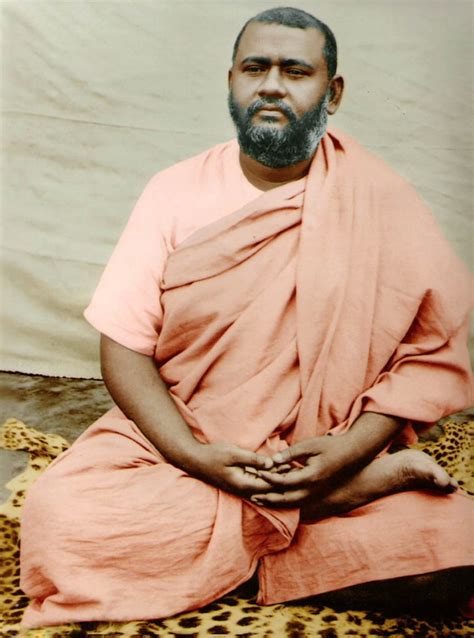A Quote by Sarah Josepha Hale
What in the rising man was industry and economy, becomes in the rich man parsimony and avarice.
Related Quotes
There are many kinds of richness, and the man who is rich because of money is the lowest as far as the categories of richness are concerned. Let me say it in this way: the man of wealth is the poorest rich man. Looked at from the side of the poor, he is the richest poor man. Looked at from the side of a creative artist, of a dancer, of a musician, of a scientist, he is the poorest rich man. And as far as the world of ultimate awakening is concerned he cannot even be called rich.
As soon as I find myself in the presence of a rich man, I cannot help looking upon him as an exceptional and beautiful being, as a sort of marvellous divinity, and, in spite of myself, surmounting my will and my reason, I feel rising, from the depths of my being, toward this rich man, who is very often an imbecile, and sometimes a murderer, something like an incense of admiration. Is it not stupid? And why? Why?
In Utopia, where every man has a right to everything, they all know that if care is taken to keep the public stores full, no private man can want anything; for among them there is no unequal distribution, so that no man is poor, none in necessity; and though no man has anything, yet they are all rich; for what can make a man so rich as to lead a serene and cheerful life, free from anxieties.





































